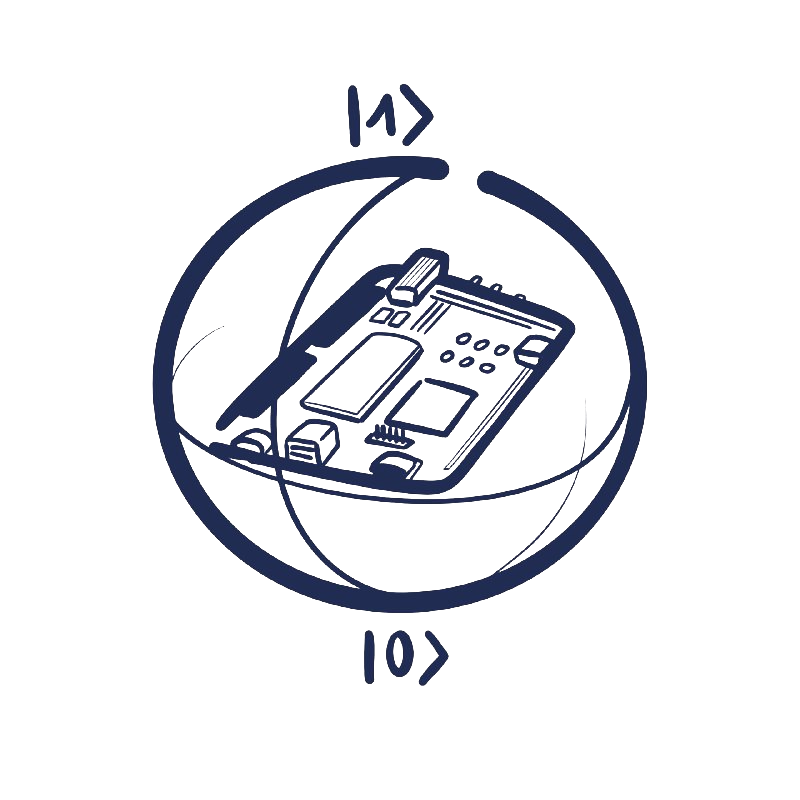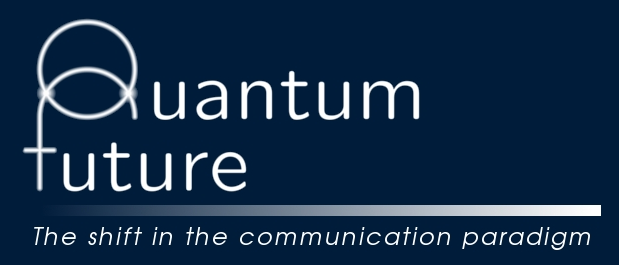FPGA for Quantum

Field-Programmable Gate Arrays (FPGAs) are integrated circuits designed to be configured by the user after manufacturing, hence the term ‘field-programmable’. They play a crucial role in quantum communications, particularly in Quantum Key Distribution (QKD). FPGAs are important in this context for several reasons:
- Speed and Real-Time Processing: Quantum communications require high-speed data processing. FPGAs excel in this area due to their parallel processing capabilities, enabling them to perform many operations simultaneously. This is particularly useful in QKD where detection events need to be processed in real-time.
- Flexibility and Reconfigurability: The programmable nature of FPGAs allows for the implementation of custom algorithms necessary for QKD protocols. As quantum technology evolves, the algorithms can be updated or changed as needed.
- Security: In QKD, the security of the key distribution process is paramount. FPGAs contribute to this security because the programmed logic is more difficult to tamper with or reverse-engineer compared to software running on a standard processor.
- Integration: FPGAs can be integrated with other necessary components of a quantum communication system, such as photon detectors and quantum random number generators.
In our group, we focus on FPGA-based systems to be used as QKD transmitters, QKD receivers, QRNG control-acquiring units, and for Quantum Correlation experiments.
